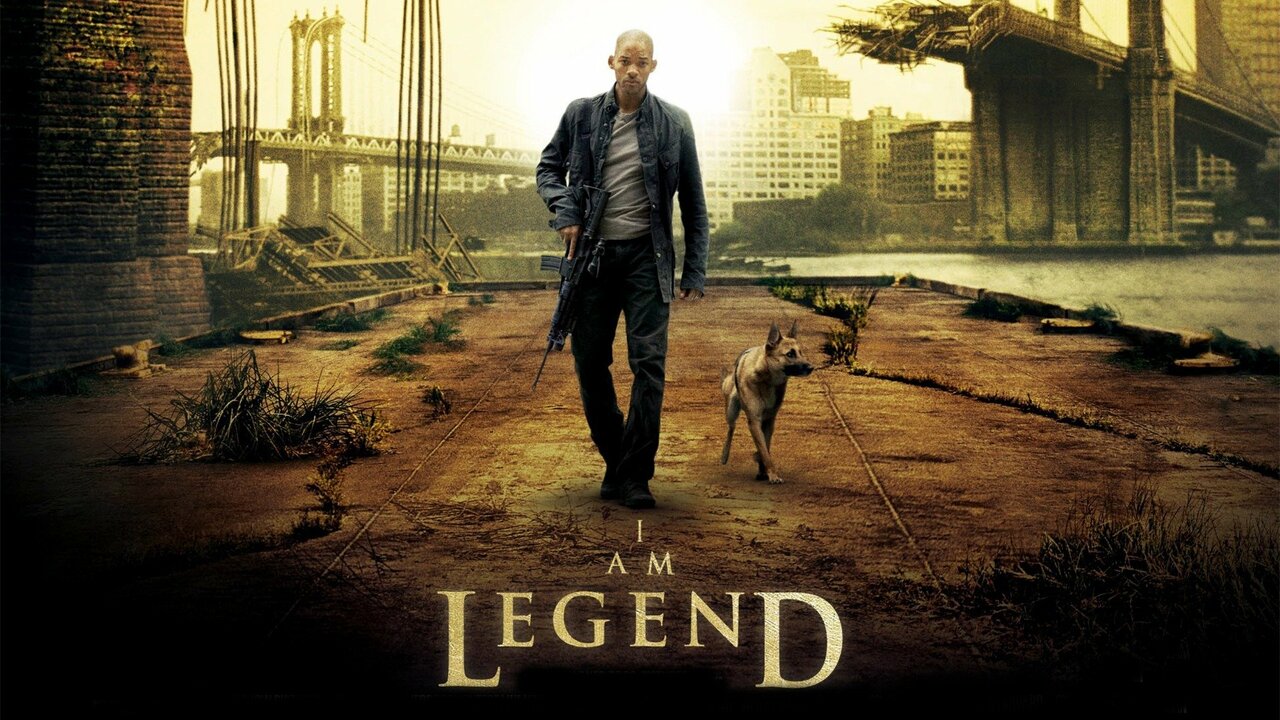
Steven Spielberg’s Saving Private Ryan (1998) remains one of the most powerful war films ever made — a visceral, emotional, and unflinching portrayal of World War II that forever changed the landscape of cinematic storytelling. Set during the harrowing D-Day invasion and the days that follow, the film redefined the war genre by emphasizing both the brutal reality of combat and the human stories embedded within it.
The story begins with the infamous Omaha Beach landing, where Captain John Miller (Tom Hanks) leads his men through a nightmarish assault on the heavily fortified Normandy coast. After surviving the carnage, Miller is tasked with a seemingly impossible mission: to find and safely extract Private James Francis Ryan (Matt Damon), the last surviving brother of four servicemen, as a symbolic act to bring him home.
What follows is not just a physical journey across war-torn France, but a moral and emotional odyssey. Miller and his squad — played by a strong supporting cast including Tom Sizemore, Edward Burns, and Giovanni Ribisi — wrestle with the value of one life versus many, questioning the fairness and purpose of their sacrifice. The film deftly explores themes of duty, honor, trauma, and the cost of leadership.
Spielberg’s direction is masterful. The film’s opening 20-minute sequence — the D-Day landing — is legendary for its realism. The hand-held camera work, desaturated color palette, and chaotic sound design immerse viewers in the terror and confusion of battle, setting a new standard for war films. Equally powerful are the quiet moments: the shared cigarettes, brief confessions, and final conversations before inevitable death. John Williams’ restrained score, anchored by a mournful trumpet theme, perfectly complements the tone.
Beyond its cinematic excellence, Saving Private Ryan also sparked renewed interest in World War II history and prompted deeper public reflection on the sacrifices made by the “Greatest Generation.” It honors not just those who died, but those who carried the weight of surviving.

Though released over 25 years ago, the film remains a cultural touchstone. Its influence can be seen in countless modern war movies and games. It’s a film that doesn’t glorify war but respects the warriors — and dares to ask whether heroism is defined by victory, survival, or moral conviction.
In the end, Captain Miller’s dying words — “Earn this” — still resonate, urging us to consider the price of freedom and whether we are worthy of the peace paid for in blood.


